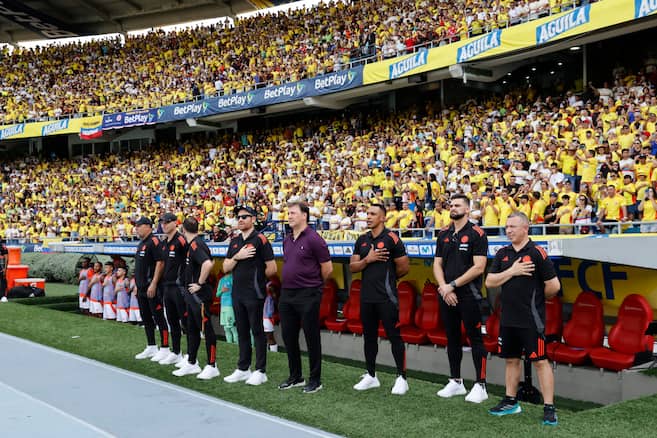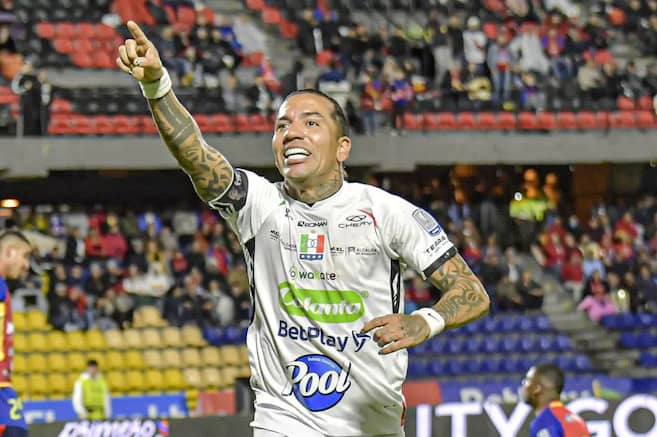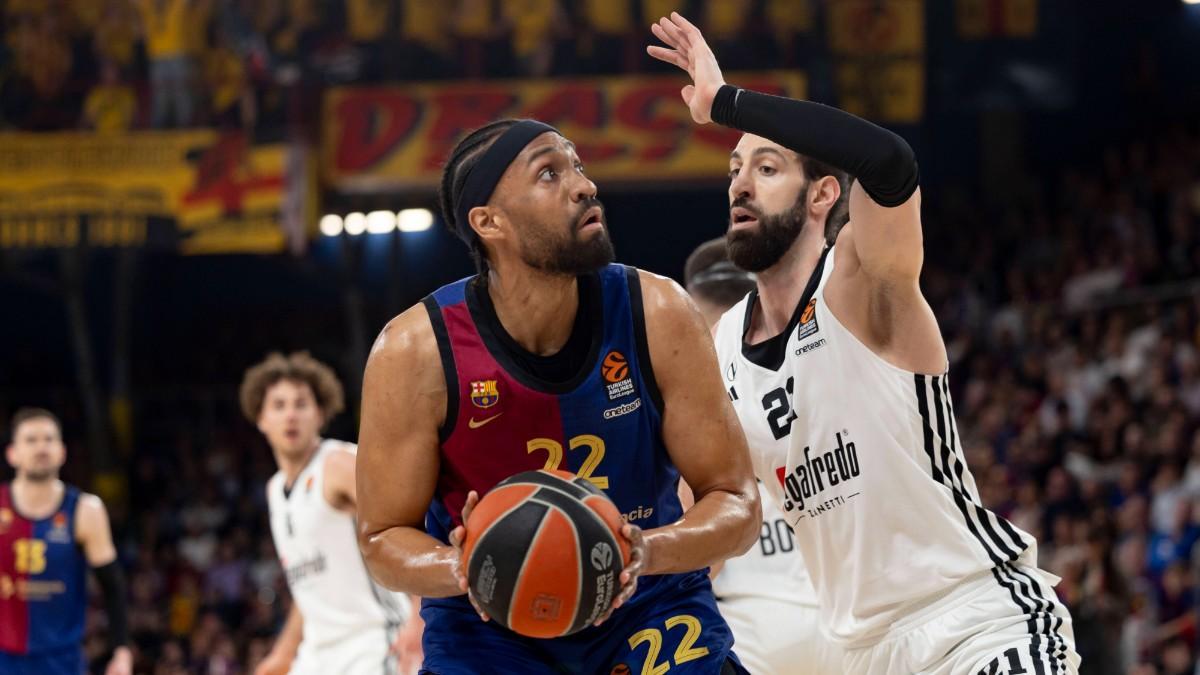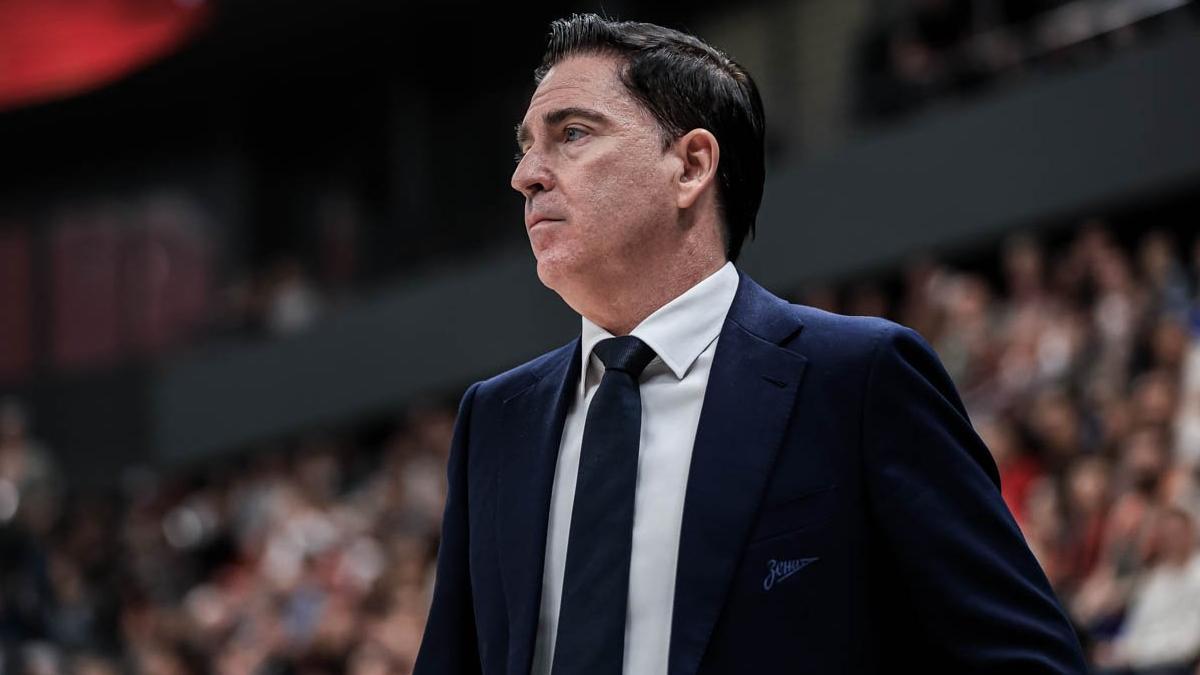Summary and Fast Informame
Listen to this article
Audio generated with Google
The arrival of Carlo Ancelotti to the Brazilian team marks a milestone in South American football. For the first time Brazil resorts to a foreign coach, evidencing a deep crisis in the formation of South American technicians. It does not arrive, yes, in the top of his career: Real Madrid considered that he had fulfilled his cycle, but Brazil sees in him the solution to problems that local coaches have failed to solve.
Ancelotti's case reflects a continental reality. South America, lacks coaches competing to the highest level. Scaloni is the exception more than the rule. No European champion has South American coach. Simeone, the best placed, competes to be third, and its brightness does not reside in its capacity for tactical innovation. The crisis extends to the continent, manifesting in particular in Colombia with Néstor Lorenzo.
Lorenzo, who took us to the final of Copa América, based his success on the exceptional level of key players: James Rodríguez, recovering his best version; Luis Díaz, fully; Richard Ríos, emerging as revelation, and Daniel Muñoz, contributing surprise for the band. However, in the absence or lower performance of some stars, Lorenzo has been unable to find effective tactical alternatives. His football lacks a definite identity, recognizable patterns that function independently of individual inspirations.
This dependence on specific figures contrasts with what happens in contemporary European football. Luis Enrique, of the PSG, exemplifies the modern tactical evolution. Famous is his prediction that his team would work better without Mbappé. He developed such a solid system that he can do even his best player. His players move as he orders, they understand their specific roles and subordinate their individual talent to collective needs. This ability to create collective synergies differentiates the great coaches of merely competent technicians.
For Ancelotti, Brazil represents a unique challenge in his career. You will have to demonstrate your greatness without superstar. Vinícius is not the shadow of the Pelé, Garrincha, Ronaldo and company. Neymar, the only one who could look like his career in the carnivals. Time will say if the Italian manages to reinvent himself, developing systems that raise the collective level above individual limitations.
Colombia faces a more complex dilemma. Lorenzo lacks the strategic capacity to develop a consistent game system, but we also have no substitutes for James, who moved the threads of the selection for more than a decade. Quintero is 32 years old.
The panorama of available coaches is bleak. The search for a technician who understands the strategic role of modern football has to carry it beyond our borders, because we face a structural crisis in the training of coaches. Maybe, like Brazil, it's time to look at the old continent.
🚴🏻⚽🏀 The latest in sports?: Everything you should know about world sport is in the spectator



